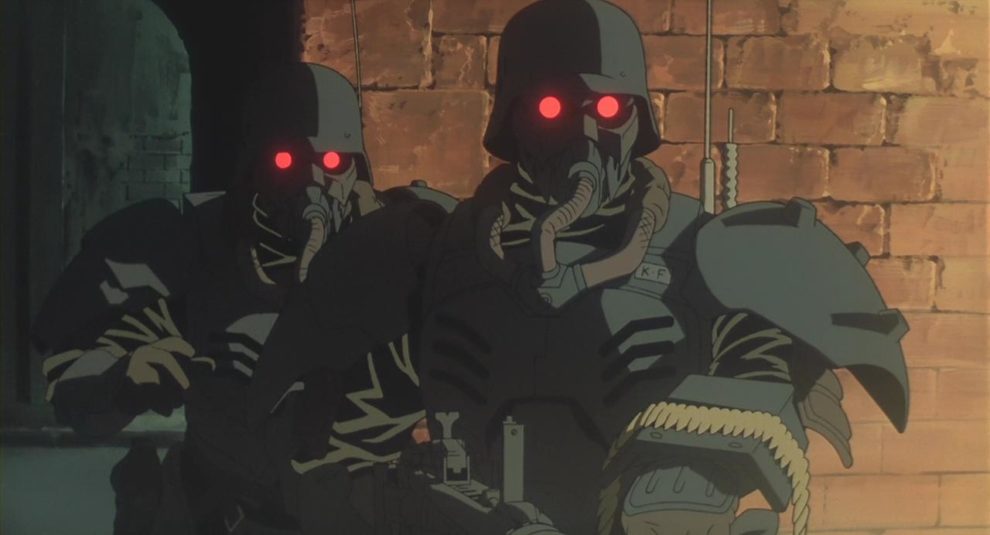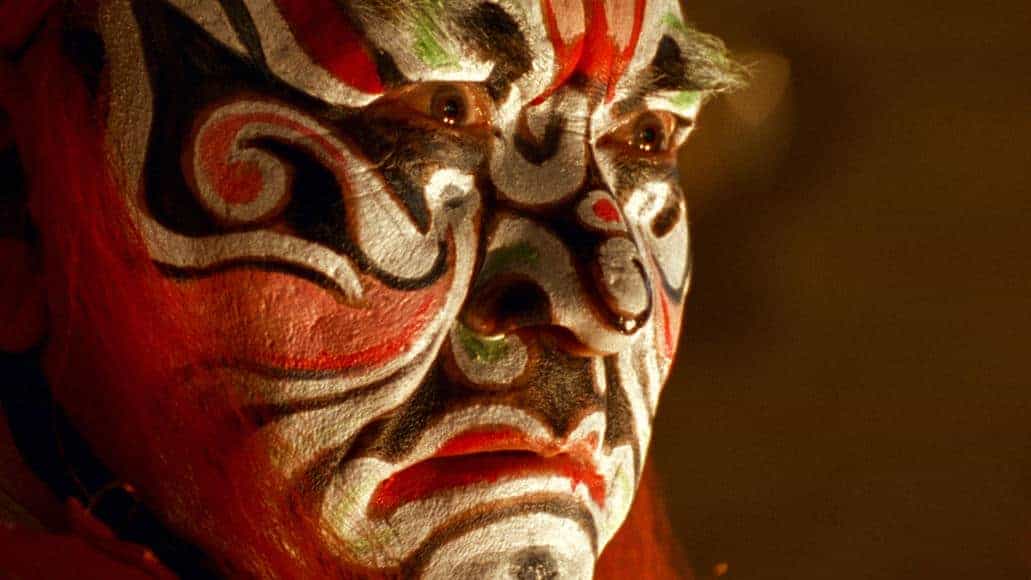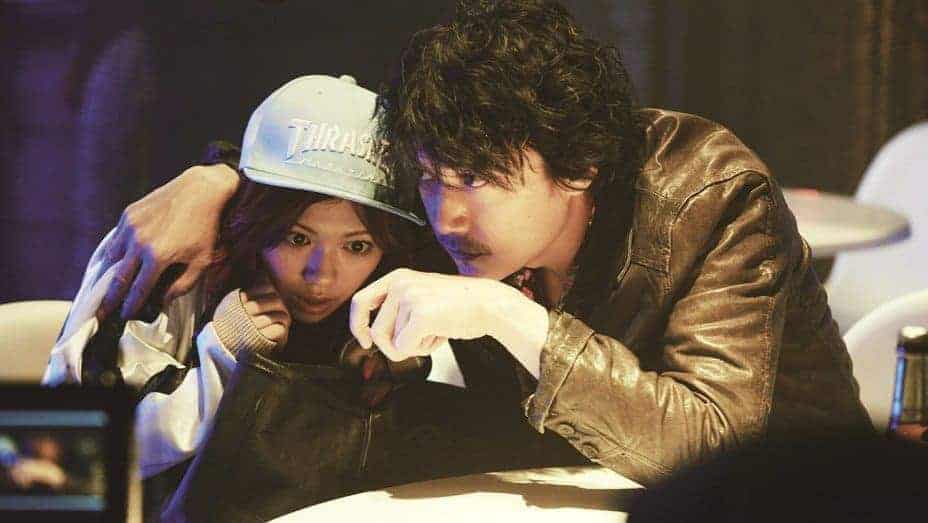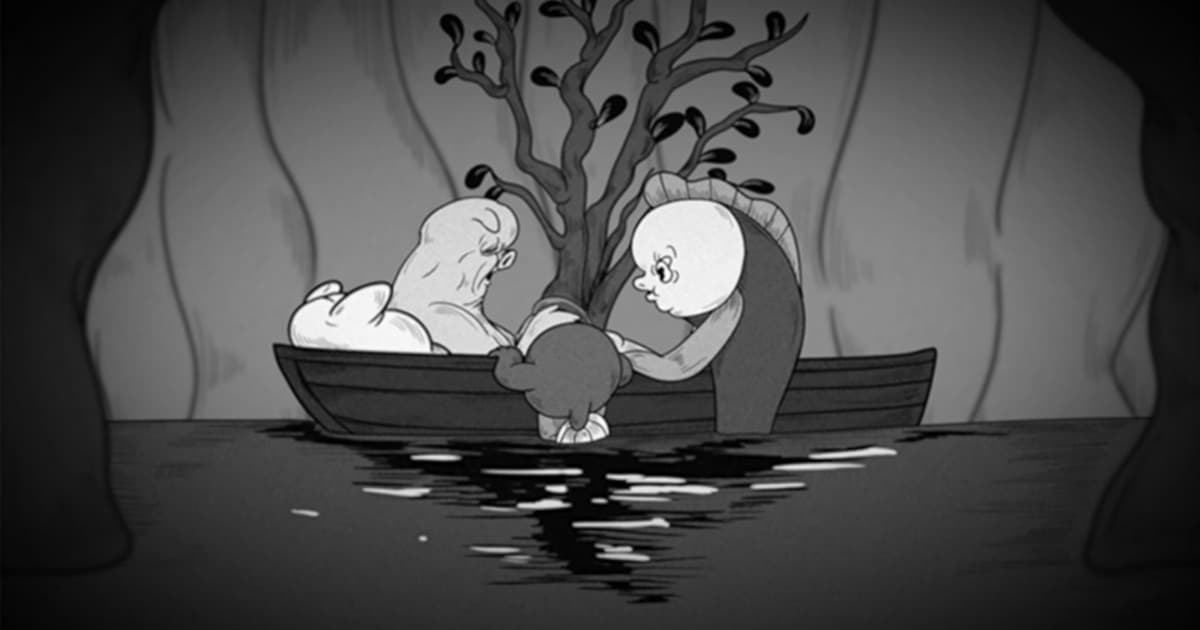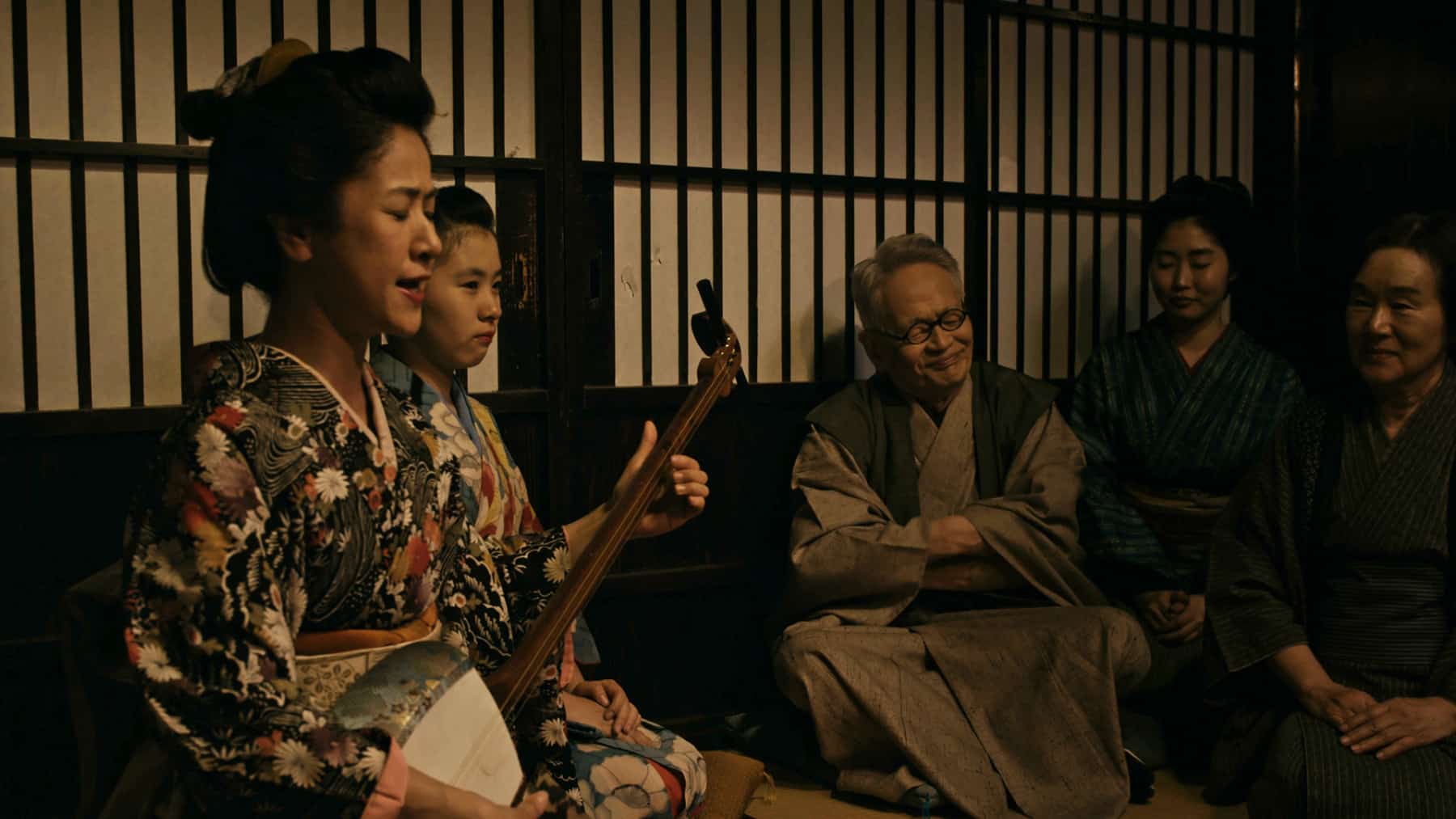While the way animation was regarded by critics and audience had certainly shifted thanks to the release of Katsuhiro Otomo's “Akira” (1988) and Mamoru Oshii's “Ghost in the Shell” (1995), it wasn't until the late 1990s that the paradigm shifted and anime with more adult-oriented themes were considered more seriously. One of the main reasons for this shift is the creative output during those years which, like in the years before, proved the great variety and imagination within the directors and animators of the time, who, besides exploring genres such as science-fiction and drama, also made intriguing remarks on their home country, its society and its politics. One such example has to be Hiroyuki Okiura's “Jin-Roh: The Wolf Brigade”, based on Mamoru Oshii's manga “Kerberos Panzer Cop”. Even twenty years after its release, its image of an authoritarian Japan, and how a repressive system turns people against each other, is still relevant and makes for a suspenseful as well as entertaining feature.
Buy This Title
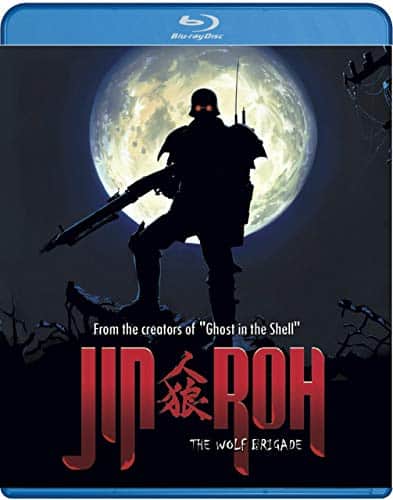
The story is set in an alternative version of Japan following the defeat in World War II, when the country experienced aggressive economic growth on the one hand, but also civil unrest on the other hand as a result of the German occupation. To keep the riots at bay, the police force and army have been divided into several groups, each of which defined by its own hierarchy, and which quite often engage into internal fights over power and influence within the state. Private Kazuki Fuse is a soldier in the elite Kerberos Panzer Corps, an anti-terror unit which fights the several guerrilla cells in the Japanese populace, after the normal police force is unable to control the increasingly violent demonstrations in the city center. As Fuse is about to confront a female terrorist, who has supplied her comrades with napalm-infused Molotov cocktails, he hesitates and does not pull the trigger, resulting in her blowing herself up. While he recuperates from the traumatic event, his superiors discuss how to deal with the aftermath, which could potentially tarnish the otherwise flawless reputation of the corp.
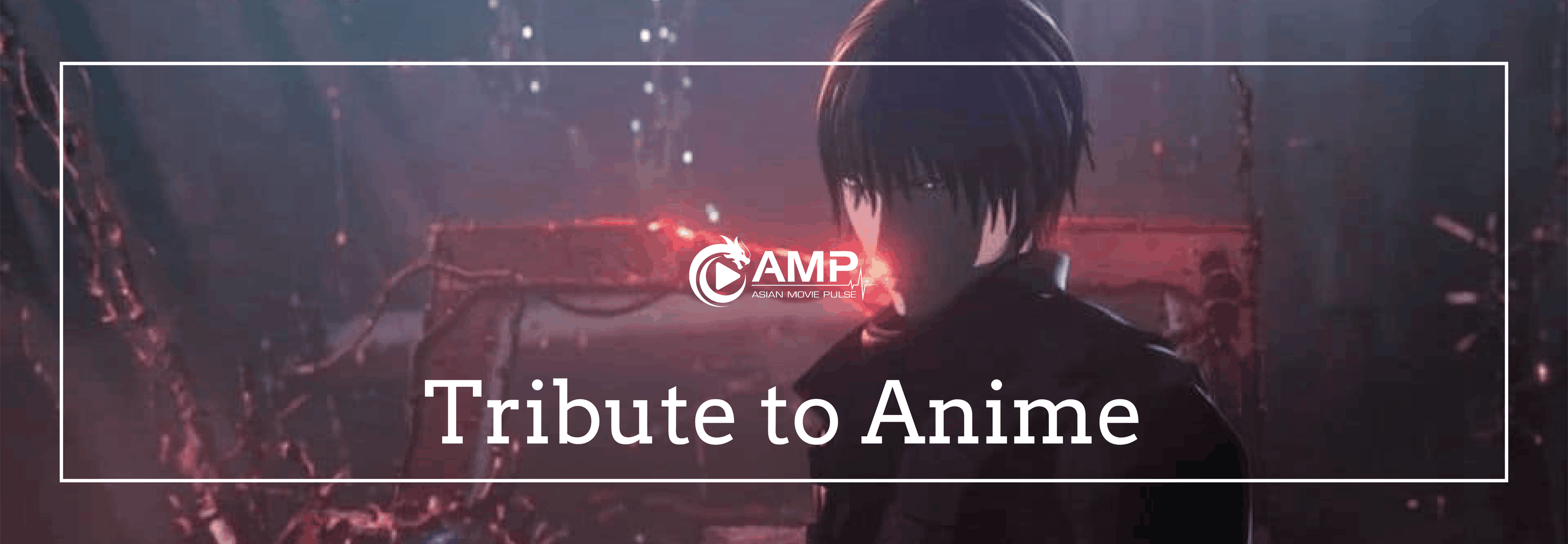
Meanwhile, Fuse is unable to shake the memory of the dead girl off, and as the images keep haunting him, making it impossible to function in the normal training routine of his unit, he decides to confront himself with the repercussions of the event. Upon visiting the grave of the young woman, he runs into her sister Kei Amemiya, who bears an uncanny resemblance with her dead sister, and befriends her. However, as their friendship intensifies, showing Fuse a way to deal with the traumatic memory, they both find themselves in the internal struggle between opposing factions within the police department and the army, who would like nothing more than using them for their own purposes or kill them off.
Similar to “Ghost in the Shell”, the story unfolds into two parts, the politics and the schemes discussed in luxurious offices and alleys after dark, and the drama of a man trying to confront a memory which has confronted him with the kind of person he has turned into. Whereas the focus may be on Fuse and his story, “Jin-Roh” does not really have a protagonist per se, as Okiura's direction and Oshii's script concentrate on a number of characters, whose role within the narrative is just as important, even though they eventually all become targets of plots, betrayals and, in general, an inhumane system which favors power over humanity. In many ways, “Jin-Roh” might have more in common with the sociopolitical thrillers of the 1970s, features like “The Parallax View” or “Three Days of the Condor”, when it comes to exposing the machinations of a system whose backdoor policies are truly what defines the lives of its citizens, and which, little by little, pits people against people.
Another layer, which becomes increasingly important, is the addition of fairy-tale elements, namely “Little Red Riding Hood”, and the image of the wolf disguising as human. While the idea is used in many different ways throughout the story, perhaps the most powerful is linked to the personal drama of Fuse, voiced by Yoshikazu Fujiki, who does a great job highlighting the emotional turmoil his character is going through while also keeping in mind his background as a soldier. The animation, as it shifts between dream and reality, highlights how the trauma has infused his daily life, making it impossible for him to simply carry on, while also underlining the way he has become a liability to some, and a welcome “sacrificial lamb” for others. It is indeed a powerful allegory of how repression and authority can change people, their self-image and eventually estrange them from themselves, so that they do not even realize how they are simply wolves disguised as humans.
“Jin Roh: The Wolf Brigade” is a powerful anime, blending elements of science-fiction and political thriller. Hiroyuki Okiura and Mamoru Oshii have created a true masterpiece of Japanese animation, dealing with trauma, terrorism and, above all, how a ruthless political system can turn people against each other.


